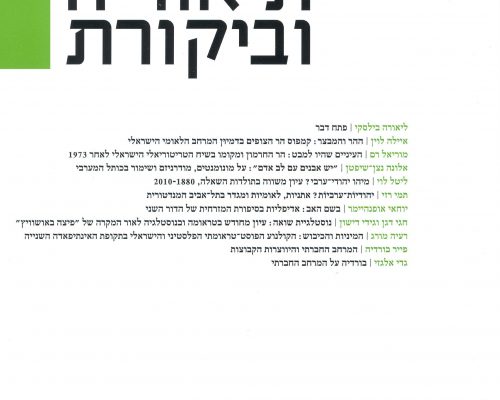בשם האב: אדיפליות בסיפורת המזרחית של הדור השני /
יוחאי אופנהיימר
הסיפורת המזרחית בישראל מגלה מודעות חריפה למשפחה. העלייה לישראל, והחיים לפני ההגירה ואחריה, מתוארים בדרך כלל מבעד לעדשת היחסים המשפחתיים ומתוך מודעות לקשיי ההסתגלות של ההורים בארצם החדשה. בהקשר זה דוחה הסיפורת המזרחית את הנרטיב האדיפלי התופס מקום מרכזי בסיפורת הישראלית משנות השישים ואילך. כחלופה לכך היא מציעה נרטיב של שותפות והזדהות בין-דורית, בעיקר בין בנים לאבות, שאפשר אולי לכנותו נרטיב "אדיפוס שלילי".
ביצירותיהם של אלברט סויסה, סמי ברדוגו, יוסי אבני, דודו בוסי ואחרים, מבוטאת ביקורת על האבות – לא בגלל קשייהם להשתלב בחברה הישראלית, אלא בגלל נכונותם לשתף פעולה עם כור ההיתוך הישראלי ולהיפטר מתכונותיהם הערביות. ההזדהות עם האבות מכוונת בסיפורת המזרחית לדרישה לזכור את המאפיינים התרבותיים והלשוניים הערביים שנמחקו בתהליך הקליטה בישראל, גם אם אין עוד אפשרות להשיב את המאפיינים האלה לקדמותם.


